I have never regarded myself as a hardcore horror fan, although no cinephile can possibly deny the genre’s habitual brilliance and flair. Polanski’s Rosemary’s Baby and Friedkin’s The Exorcist are masterpieces – and there is a real case to be made, incidentally, for the first Saw, by James Wan, now enjoying its 10th anniversary. I have been unnerved, thrilled, sometimes shocked and often thoroughly creeped out, by horror films. But hand on heart I don’t think I have ever been scared, really properly scared by horror: and this is despite being a fantastic scaredy-cat in real life. I often describe myself as a lover (of my own safety), not a fighter.
What disconcerts me sometimes is what’s expected of the genre. People coming out of a great comedy will be laughing. People coming out of a great action movie will be whooping and fist-pumping. But people coming out of a great horror movie don’t look horrified – they’re laughing and whooping and fist-pumping. Which of course is fine.
The only film I have been really and truly scared and indeed horrified by – in an intense and sustained way – is Mick Jackson’s post-nuclear apocalypse movie Threads, scripted by Barry Hines and originally made for BBC television. It was made and broadcast in 1984, although the film’s realistic content easily trumped whatever speculative Orwellian resonance was there to be noticed that year. That period was not as tense as the missile crisis of 1962, but after the Soviet invasion of Afghanistan, the diplomatic tensions between the great superpowers could hardly be worse and the ability of artists and film-makers to think the unthinkable had evolved. The government’s Protect and Survive leaflets – themselves a blood-chilling promise of armageddon – had entered the general consciousness: the phrase was satirically transformed by CND into Protest and Survive. I attended a CND-sponsored screening of Peter Watkins’s The War Game in 1981, when it was still banned from the airwaves, and that magnificent film was upsetting enough, particularly its voiceover from nice, friendly, familiar Michael Aspel. But the intense discussion afterwards calmed us all – allowed us to channel and manage our fear.
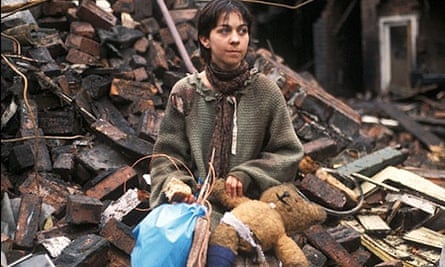
It wasn’t until I saw Threads that I found that something on screen could make me break out in a cold, shivering sweat and keep me in that condition for 20 minutes, followed by weeks of depression and anxiety.
It’s about a couple in Sheffield living their normal lives, looking forward to being parents. They try to ignore the preamble to nuclear war by concentrating on decorating their flat. There’s a nuclear strike in the north of England and over weeks, months and years the focus is opened up with a kind of satanic grandeur into the general catastrophe: we see how society degenerates into violent nothingness.
Everyone who has seen Threads knows where the real payload of horror comes, and those squeamish about spoilers or thermonuclear birth defects can look away now. The baby is born in the post-nuclear hell. Beyond pain, beyond love, the mother looks into the dirty bundle and she sees ...
She sees ...
Well, I still don’t know exactly what. I was watching the film with my girlfriend and her sister in the manky basement of a pretty unsafe house off the Cowley Road in Oxford – a setting which seemed worryingly close to the film. At this moment, my girlfriend’s sister gave a cry or a gasp which I will never forget, and walked out of the room. I looked at her, as a way of not looking at the screen, and then I looked down at the carpet. I was genuinely scared to look up. Threads had flooded my body with the diabolic opposite of adrenaline. We all went to bed in utter silence. I have still never experienced anything like it in years of film-going, telly-watching, book-munching, culture-consuming activity.
I was really, really scared. Much later, I remember watching Lucy Walker’s admirable anti-nuclear documentary Countdown to Zero and almost trying to suppress the memory of Threads, to suppress the horror and despair so that I could concentrate.
It is a remarkable film, occasionally revived in film festivals. Jackson went on to direct the comparable A Very British Coup on television, and then more mainstream fare like The Bodyguard. Barry Hines had of course famously adapted his own novels A Kestrel for a Knave and Looks and Smiles for Ken Loach – mighty achievements. But I think Threads is the dark masterpiece for both.
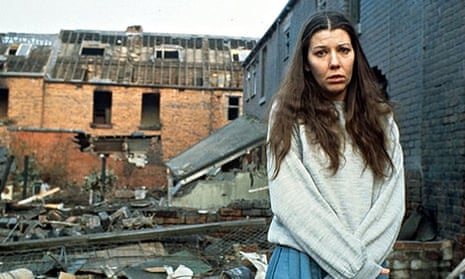
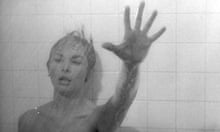
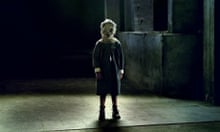
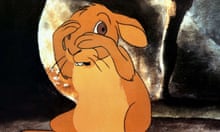

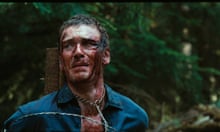

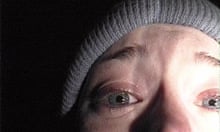
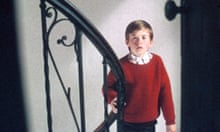
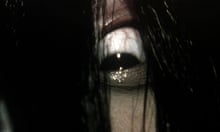
Comments (…)
Sign in or create your Guardian account to join the discussion